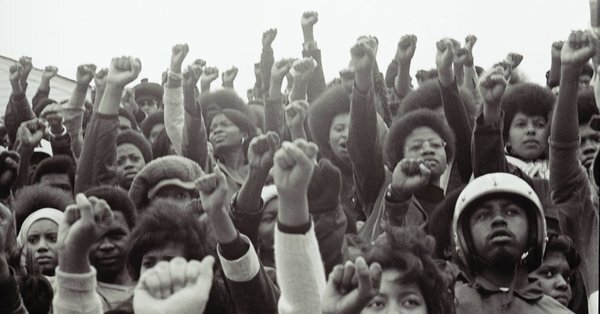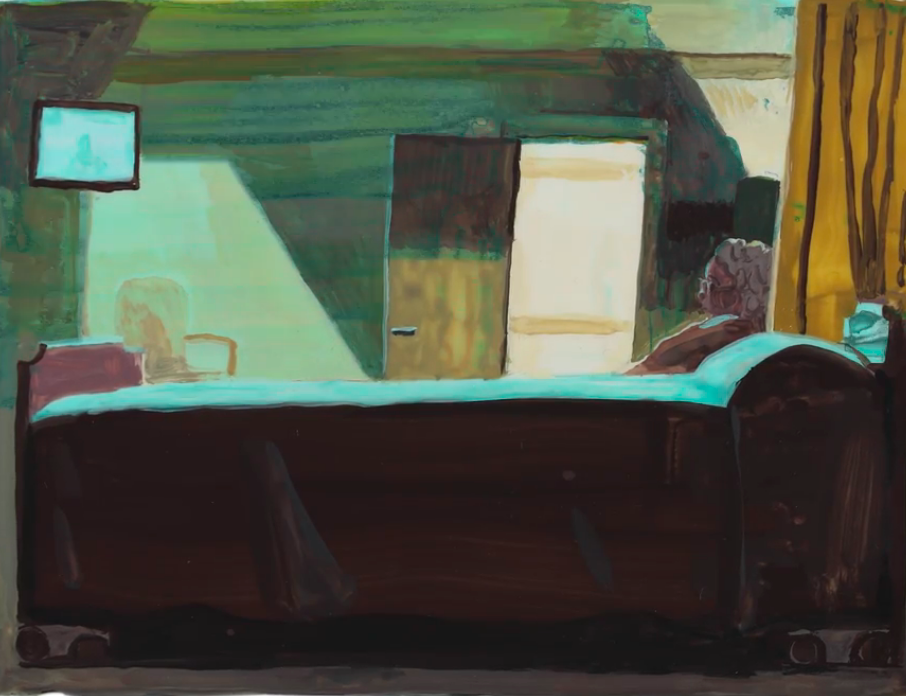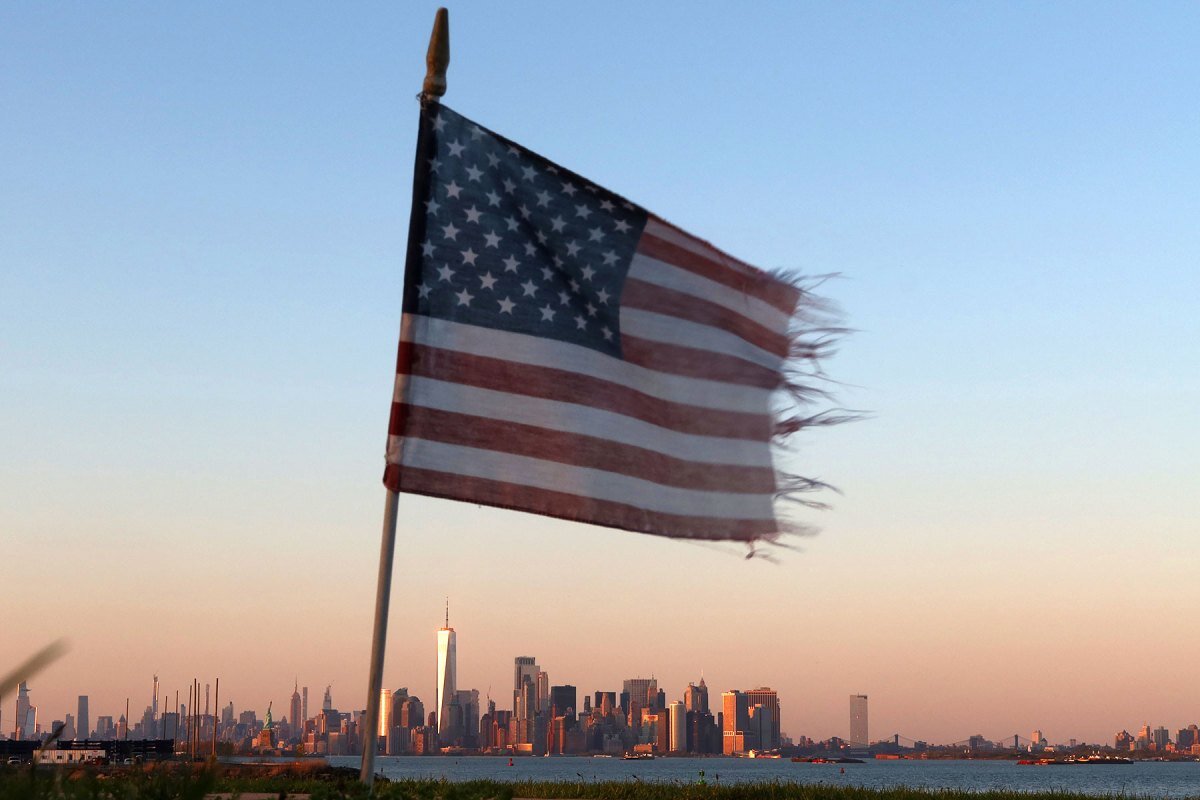Happy Thursday, loyal readers! Are you as busy this week as I am? This year’s start of school has reminded me of my beginning-teacher days, when all was new and not easy. But I’m happy to report that the weekend is in sight, which means more time to read and relax.
This week’s lead article — about how the coronavirus marks the end of the American era — certainly won’t buoy your spirits or make you feel better about the state of our country. But I highly recommend the piece, most notably in how it builds on Ibram X. Kendi’s brilliant essay from last week about the power of American denial.
If reading about our nation’s demise doesn’t sound appealing to you, skip the lead article and head straight to an interview with Stacey Abrams, a photo of an adorable puppy, a criticism of white allies, and a podcast on the state of reading instruction. Enjoy!
+ Join us at Article Club this month as we read and discuss “Going The Distance (And Beyond) To Catch Marathon Cheaters.” Author Gordy Megroz will be answering our questions in a podcast episode, and we’ll gather on August 30 to share our thoughts. If you like connecting with other thoughtful readers, Article Club is your place.
Wade Davis: “In a dark season of pestilence, COVID has reduced to tatters the illusion of American exceptionalism. At the height of the crisis, with more than 2,000 dying each day, Americans found themselves members of a failed state, ruled by a dysfunctional and incompetent government largely responsible for death rates that added a tragic coda to America’s claim to supremacy in the world.
As they stare into the mirror and perceive only the myth of their exceptionalism, Americans remain almost bizarrely incapable of seeing what has actually become of their country.
The republic that defined the free flow of information as the life blood of democracy, today ranks 45th among nations when it comes to press freedom. In a land that once welcomed the huddled masses of the world, more people today favor building a wall along the southern border than supporting health care and protection for the undocumented mothers and children arriving in desperation at its doors. In a complete abandonment of the collective good, U.S. laws define freedom as an individual’s inalienable right to own a personal arsenal of weaponry, a natural entitlement that trumps even the safety of children.” (19 min)
+ Thank you to Article Clubber Kati for sending this article my way.
“You Can’t Give Up The Power You Have Trying To Get The Power You Want.”
Stacey Abrams: “This is a nation built on voter suppression. When we started, white men who owned land could vote. If you were Black, you were a slave. If you were a woman, you were supposed to be silent. If you were Native American, you were invisible. Then in 1790 we decided to shut the gates and say no one else can come in. So we’ve spent 230 years trying to reclaim the promise that was in our Declaration of Independence, this promise of equality. But we can only reclaim it if we have the power of the vote.” (22 min)
The Black Lives Matter Movement Hits A Different Kind Wall: White Allies
Robin Givhan: “An ally? This modest, bland word feels inadequate to the breadth and complexity of what it means. An ally isn’t more capable or experienced or exceptional. An ally simply recognizes that we’re like Venn diagrams with overlapping commonalities. An ally is just another human being muddling through life, trying to be decent. Giving them a title is a bit like awarding them a gold sticker just for seeing the humanity in their neighbor.” (8 min)
On average, young people who read well tend to do better in school, get in less trouble, make more money, and live longer. That’s why, every August, education reporter Emily Hanford writes another documentary about the state of reading instruction, reminding us that we’re horrible at it, and letting us know that phonics is the only way to go. (51 min)
+ Two years ago, Ms. Hanford shared her thoughts on The Highlighter Podcast. Please take a listen!
Thank you very much for reading yet another issue of The Highlighter. Let me know what you thought by hitting reply or by clicking on the thumbs below. I appreciate your feedback.
Also, let’s welcome our community’s 10 new members: Robert, Mat, Laura, Ted, and 6 others whose first names I couldn’t decipher from their emails. (Feel free to say hi!) I hope that you find this newsletter a solid addition to your Thursday email inbox.
If you really like The Highlighter, please help it grow and get better. I appreciate your support. Here are a few ways you can help:
Forward today’s issue to a friend and urge them to subscribe. Big thanks to Lynn for sharing last week’s issue.
Keep my reading energy nice and high by buying me a cookie. Big thanks to Charlie, Beth, and Jennifer — your eight cookies last week were very delicious.
Support the newsletter’s growth by becoming a VIP member. Big thanks to Ariel and Jamie for joining the esteemed club.
On the other hand, if you’ve given this newsletter a chance, but it’s just not a part of your weekly reading routine, please unsubscribe. See you next Thursday at 9:10 am PT!













